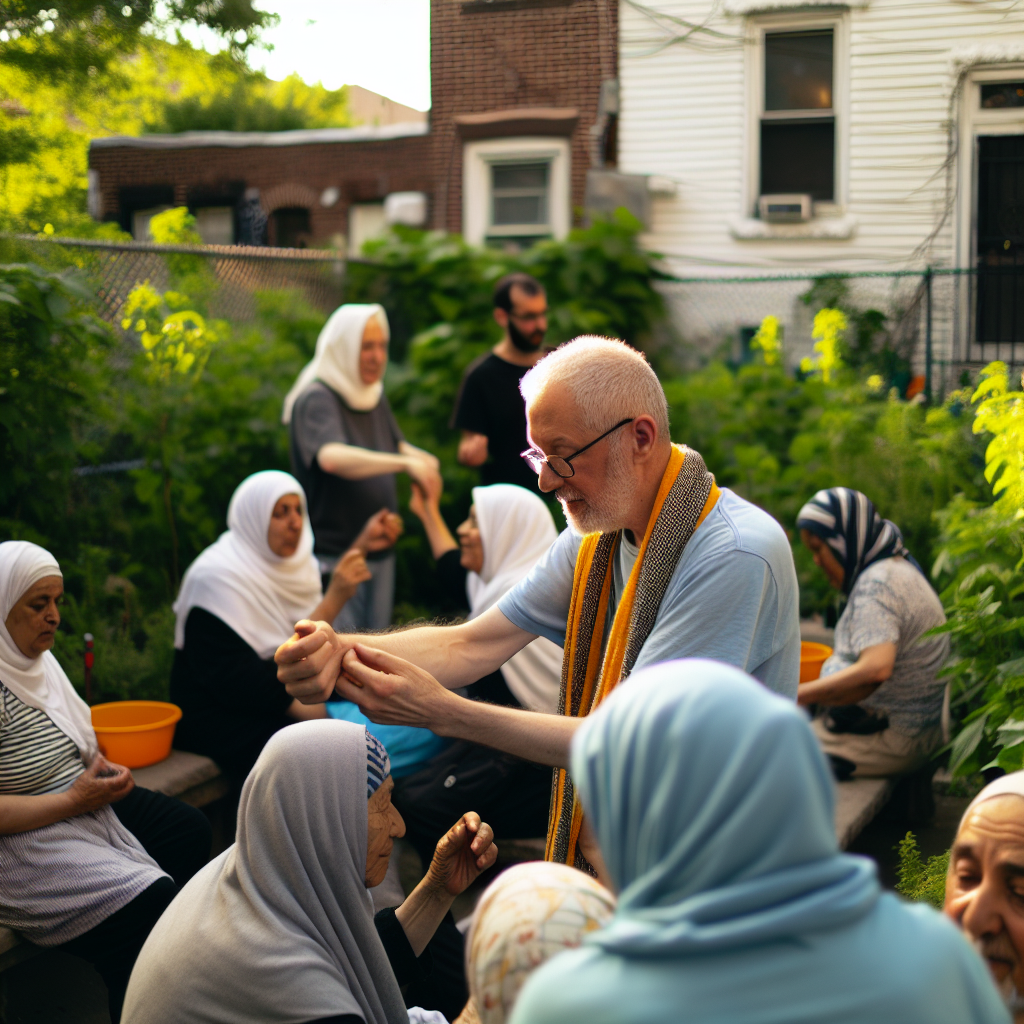In an ever-changing world, fostering community resilience and mental health is vital. This article explores effective strategies for building resilience, providing trauma-informed care, and promoting healing-centered engagement to support disaster recovery and mental health equity.
Community Resilience As a Foundation
Community resilience hinges on the ability to cultivate a strong framework that supports disaster recovery. By implementing a comprehensive community resilience plan, neighborhoods can minimize the adverse effects of disasters and facilitate swift restoration of normalcy. This involves strategic planning that includes key stakeholders, identifying local resources, and establishing support networks. Essential components include building social connectedness, fostering peer-to-peer mental support, and ensuring accessibility to emotional first aid programs. This collective effort creates a culture of preparedness and healing, strengthening community ties amidst adversity.
Trauma-Informed Care in Crisis Response
Trauma-informed care is vital in crisis response networks as it fosters understanding of the pervasive effects of trauma while promoting mental health equity. By integrating trauma-informed practices, responders can create **safe environments** that prioritize individual and community needs. This approach encompasses training for crisis staff, ensuring that they empathize with survivors’ experiences and cultivate **trusting relationships**. Providing comprehensive support not only aids in immediate response but also lays the groundwork for long-term healing, addressing the unique challenges faced by **underserved populations** and enhancing overall **neighborhood mental wellness**.
Healing-Centered Engagement for Recovery
Healing-centered engagement emphasizes the importance of holistic strategies to foster community resilience, particularly after a crisis. By integrating emotional first aid programs, communities can provide immediate support that addresses both psychological and emotional needs. This approach enhances psychological recovery tools, encouraging individuals to share their experiences, thus reinforcing resilience in adversity. Additionally, healing-centered engagement promotes inclusivity and connection, creating pathways for those affected to collaboratively navigate their healing journey, ultimately leading to stronger, more bonded communities prepared to face future challenges together.
Restorative Community Practices
Restorative community practices are essential for forging social connections in times of crisis, crucially promoting neighborhood mental wellness. Grassroots mental health advocacy empowers individuals to share their experiences, cultivating understanding and solidarity. Peer-to-peer support creates safe spaces for communal dialogue, fostering resilience and a collective trauma response that honors shared struggles. This unity contributes to hope-centered recovery, where community members uplift each other through shared narratives, transforming personal pain into collective healing, and strengthening the fabric of community ties in adversity.
Inclusive Mental Health Care Strategies
Inclusive mental health care strategies are vital for underserved populations, amplifying the need for integrated community recovery frameworks that prioritize resilience through relationship. By actively involving community members in the design and implementation of mental health initiatives, we enhance the fabric of support networks. **Grassroots advocacy** plays a pivotal role, creating pathways for individuals to share their stories and foster empathy. Communities thrive when they embrace *peer-to-peer support*, cultivating strength through shared narratives that resonate with collective experiences, ultimately driving mental health equity and sustainable healing.
Quick Recap
By prioritizing restorative practices and inclusive care, communities can strengthen their resilience. These approaches lay the foundation for long-lasting recovery, ensuring everyone within the community has the opportunity to heal and thrive.
